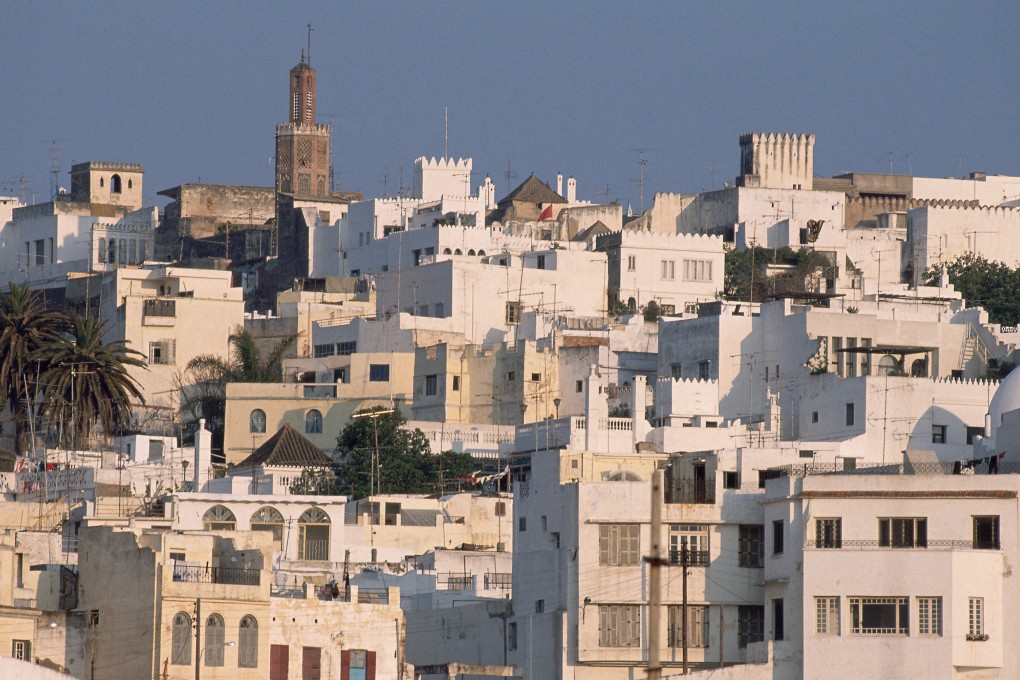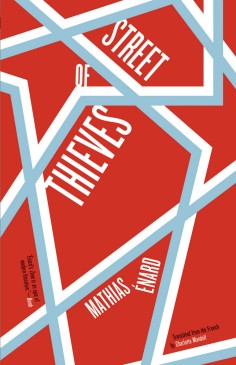Book review: the characters in Street of Thieves are too thin to support its ambitions
French novelist Mathias Énard has interesting things to say about the current condition of North Africa but his novel doesn't really come to life



Tangier, Mathias Énard writes in Street of Thieves, is famous "chiefly for the people who leave it". Take, for example, the explorer Ibn Battuta. He left Tangier in 1325 and travelled through much of Africa, the Middle East, eastern Europe and Asia. When he finally returned home, 30 years later, he wrote the Rihla, an account of his adventures and one of the most important narratives we have of life in the 14th century.
Lakhdar, this novel's 18-year-old narrator, will also leave home and write about it. Though his journeys are limited to Morocco, Tunisia and Spain, they provide a glimpse into the tremors of the Arab spring, the threat of Islamic fundamentalism, and the indignados movement in Spain.
These subjects may seem ripped from the headlines, but they are not unusual for Énard, a French novelist whose work often focuses on war and political conflict. His first novel, La Perfection du Tir, from 2003, was told from the point of view of a sniper in a civil war, possibly the Lebanese civil war. Zone, first released in 2008, is a single-sentence story about a spy who wants to expose war crimes in several countries bordering the Mediterranean.
As Street of Thieves opens, Lakhdar is just another Moroccan boy who spends his days watching the ferries that cross the Strait of Gibraltar. In the summer, he and his friend Bassam smoke kif and ogle women, especially scantily clad tourists. One day Lakhdar is caught in bed with his cousin, Meryem. Feeling dishonoured, Lakhdar's father beats him and throws him out of the house. He also beats Meryem and packs her off to a remote village in the Rif mountains. Now homeless, Lakhdar travels south, surviving by begging, thieving and prostitution. Some months later, he returns to Tangier, where he finds that Bassam has become friends with Sheikh Nureddin, a friendly and articulate scholar who has started a Muslim Group for the Propagation of Qur'anic Thought. Lakhdar is hired as their bookseller, a job that provides him with a place to live and enough free time to indulge his passion for crime novels.